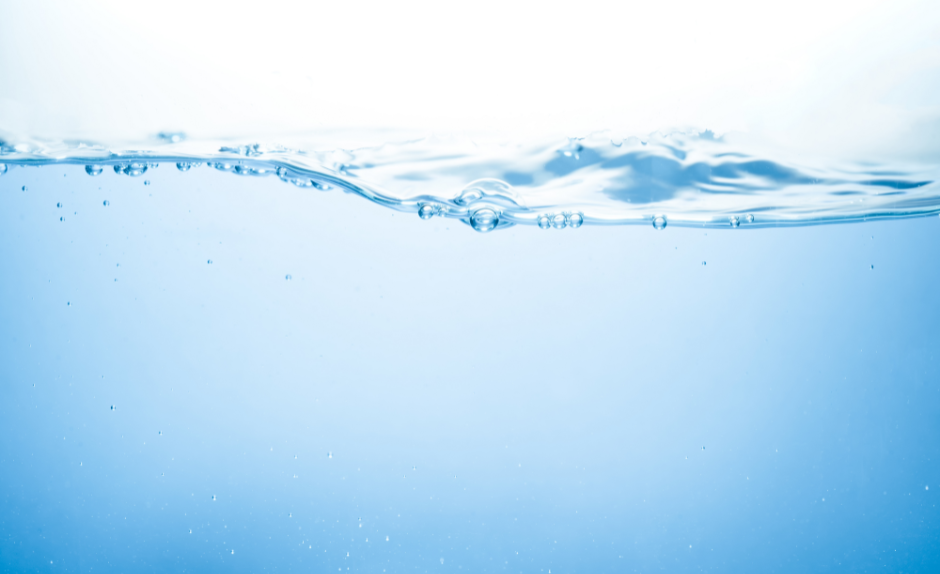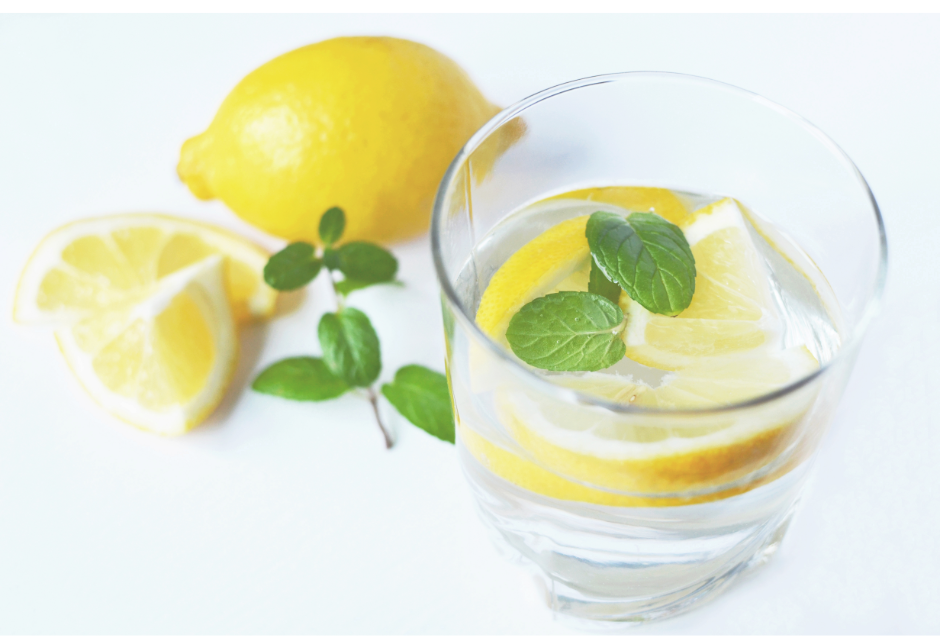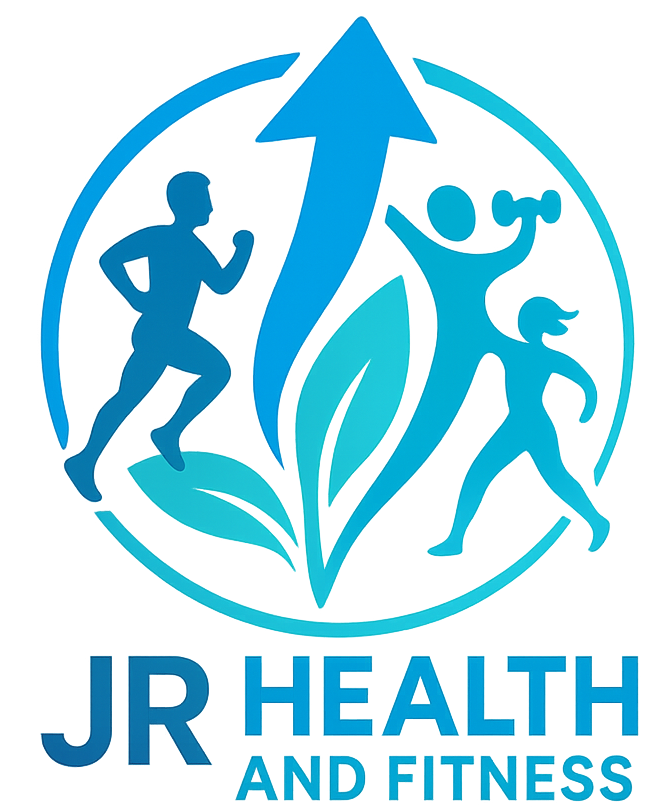You know water is vital, but have you ever paused to consider its profound role in maintaining your health? Every system in your body relies on water to function. From regulating your body temperature to flushing out toxins, the power of hydration touches every aspect of your well-being.
The commonly cited advice is to drink eight 8-ounce glasses of water a day, known as the “8×8” rule. However, your water needs can vary based on several factors, including activity level and climate. Understanding these needs is crucial for optimizing your health.
When you’re properly hydrated, you’re not just quenching your thirst. You’re supporting a complex network that keeps you feeling and performing at your best. It’s a crucial piece of the larger health puzzle, affecting everything from cognitive performance to the vibrancy of your skin
 .
.
The Lifeblood of Our Cells: Why Your Body Craves Hydration
Imagine every cell in your body as a miniature engine, humming along, performing its essential functions. These engines need fuel to run, and water is a major part of that. It’s the medium that facilitates countless biochemical reactions in your body. A lack of water, and these engines begin to sputter and struggle, compromising your health. That’s why hydration isn’t just about quenching thirst; it’s about keeping these cellular engines running smoothly.
Each organ in your body needs water to operate effectively. For instance, your brain is approximately 75% water, influencing mood, focus, and memory. Your kidneys rely on water to filter waste from your blood and regulate fluid balance. Even a marginal level of dehydration can affect their performance and, over time, lead to kidney stones or other issues. In the cardiovascular system, dehydration can lead to an increased heart rate and blood pressure as your body struggles to maintain an adequate volume of blood and oxygen delivery to tissues.
When you overlook your hydration needs, short-term repercussions like headaches or fatigue can serve as immediate reminders. However, it’s the long-term effects that carry a significant impact. Consistent dehydration can hinder metabolic processes, contribute to the aging of your skin, and even make you more susceptible to illnesses by impairing your immune system’s function. Your commitment to regular water intake does more than fuel the engines; it acts as a form of preventative medicine, keeping systems working at their best.

Hydration: The Unsung Hero in Preventive Health Care
I have to stress how essential hydration is in preventing illnesses. It’s not just about quenching your thirst; it’s about safeguarding your body. When you maintain proper hydration, you’re equipping your body with the first line of defense against various health issues.
Hydration and disease prevention are closely linked. Adequate water intake helps flush out toxins, ensuring your kidneys function optimally. It also maintains the integrity of your mucosal membranes, which trap potential pathogens.
Let’s not ignore the connection between water and your immune system. White blood cells, your immune system’s foot soldiers, need a hydrated environment to fight off infections effectively.
Consistent hydration can be your ally in preventing chronic diseases as well. Studies have revealed that staying hydrated reduces the risk of conditions like urinary tract infections, kidney stones, hypertension, and certain types of cancer.
I want to share a few anecdotes about people whose lives improved drastically once they started staying properly hydrated. From fewer headaches and better concentration to improved skin health—these stories underscore the power of water.

Hydration and Lifestyle: Finding Your Balance
It’s crucial to recognize that a one-size-fits-all approach doesn’t work when it comes to hydration. Each person’s body is unique, and so are their hydration requirements. Factors such as activity level, climate, and even dietary choices play significant roles in how much water you need each day.
For those who lead an active lifestyle, engaging in regular exercise significantly increases water loss through sweat. It’s important to replenish fluids lost during a workout to avoid dehydration, which can lead to decreased performance, fatigue, and other health issues.
On the flip side, if you live in a cold climate or are less active, your hydration needs may be lower. However, indoor heating during winter can also dehydrate your skin and respiratory system, so it’s important to adjust your water intake accordingly.
Hydration isn’t just about drinking water. It’s also about understanding and responding to your body’s signals. Thirst is an obvious cue, but other signs like dry skin, fatigue, and dark urine indicate that you might need to up your water intake.
Beyond water, other beverages and foods can contribute to your overall fluid intake. Fruits and vegetables like cucumbers, oranges, and watermelons are high in water content and can help keep you hydrated. Conversely, caffeine and alcohol have diuretic effects and can contribute to fluid loss.
Ultimately, integrating hydration into your daily routine doesn’t have to be a chore. Simple habits, such as starting your day with a glass of water or carrying a reusable water bottle, can make a significant difference in maintaining proper hydration.

Sustaining Hydration Habits: Tools and Tips for Everyday Life
Maintaining proper hydration isn’t just a fleeting goal; it’s a lifestyle commitment that requires consistent effort. Daily routines can become busy and chaotic, and it’s easy to forget something as simple as drinking water. That’s where handy tools and actionable tips come into play.
For starters, carrying a reusable water bottle is a game changer. It serves as a visual reminder to drink and is good for the environment, too. I often recommend choosing one with measurements, so it’s simple to track intake throughout the day.
Apps can be a modern ally in your hydration journey. Many free apps send out reminders to drink water and allow you to log your daily intake. Personalization features can make them even more effective by adjusting your goals based on activity level or weather.
Infusing water with fruits, vegetables, or herbs can make it more appealing for those who struggle with the taste of plain water. Lemon, cucumber, or mint are personal favorites and make hydration seem more like a treat than a chore.
Establishing routines can also make a significant difference. Begin your day with a glass of water, which can kick-start your metabolism and signal the start of your daily hydration habit. Linking water consumption with regular activities, such as during breaks at work or after bathroom trips, can create triggers that build the habit seamlessly into your life.
Remember, hydration is vital, but balance is key. Following tips and using tools that fit well with your lifestyle will make maintaining hydration simpler and more enjoyable. As you implement these strategies, you’ll likely notice improvements in your health, mood, and energy levels—a testament to the power of water.
